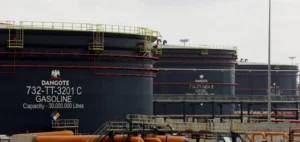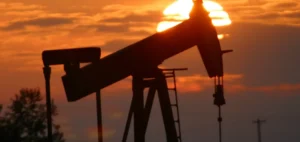In its latest report, the Paris-based International Energy Agency (IEA) has revised downwards its estimates of global oil demand growth for 2024. Initially forecast to increase by 1.1 million barrels per day (mb/d), demand has been adjusted to 960,000 barrels per day, 140,000 barrels less than previously forecast. This revision reflects a downturn in the first quarter, mainly in Europe. A mild winter and an increase in energy efficiency influenced this downturn. This is due to a reduction in the number of diesel vehicles on the road.
Regional dynamics and outlook for 2025
TheIEA maintains a stable forecast for 2025, with demand growth estimated at 1.2 mb/d, suggesting a slight improvement on 2024. The report points out that the pace of this growth is slowing down compared to the post-Covid recovery of 2023. Although emerging countries, led by China, are the main drivers of growth. This dynamic illustrates the challenges and opportunities facing the global oil market in the face of fluctuating economic and climatic variables.
Oil supply analysis and producer strategies
On the supply side, the IEA forecasts an increase of 580,000 barrels per day in 2024. Non-OPEC+ countries such as the United States, Guyana, Canada and Brazil contribute to this supply. However, US supply growth is showing signs of slowing. However, OPEC+ supply could fall by 840,000 barrels per day if the coalition maintains its restrictive production policy. Opep+ has scheduled a key meeting for June 1. The aim is to redefine its future strategies in response to current market trends.
The IEA’s downward revision of oil demand for 2024 highlights the impact of economic and environmental conditions on the global energy market. Producers are adjusting their supply, and future decisions will be crucial to balancing markets and supporting economic recovery.





















